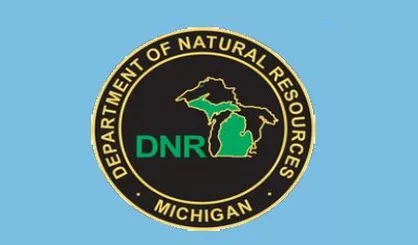
The Michigan Department of Natural Resources is reminding waterfowl hunters and bird enthusiasts to protect themselves and domestic animals from highly pathogenic avian influenza, commonly known as bird flu.
HPAI is a highly contagious respiratory disease that can sicken or kill birds and, in rare cases, mammals. Wild birds may carry the virus without showing symptoms. Since 2021, HPAI has been present in North American waterfowl, and this year, cases in Michigan have been primarily found in Canada geese, bald eagles, and red-tailed hawks. Officials expect infection rates to rise during spring and fall migrations.
“Although it has been seen in Michigan for a few years now, the patterns of infection differ each year, and we continue to monitor this disease in Michigan’s wildlife,” said Dr. Scott Larsen, DNR wildlife veterinarian. Hunters and birdwatchers are encouraged to report sick or dead birds using the DNR’s Eyes in the Field online tool.
While the risk to humans is low, the DNR advises hunters to take precautions when handling wild birds. Do not harvest sick or dead birds, and report die-offs of six or more waterfowl, gulls, or shorebirds to the DNR. Hunters who come into contact with infected birds should monitor for symptoms such as fever, sore throat, difficulty breathing, eye irritation, or muscle aches for 10 days after exposure.
Recommended safety steps for hunters include cooking all wild bird meat to 165 degrees Fahrenheit, wearing gloves when handling or cleaning birds, washing hands thoroughly, avoiding contact with your face, disinfecting knives and surfaces, and not eating, drinking, or smoking while handling birds.
For more information on HPAI and human health, visit the Michigan Department of Health and Human Services website or the Centers for Disease Control and Prevention’s avian flu page.








